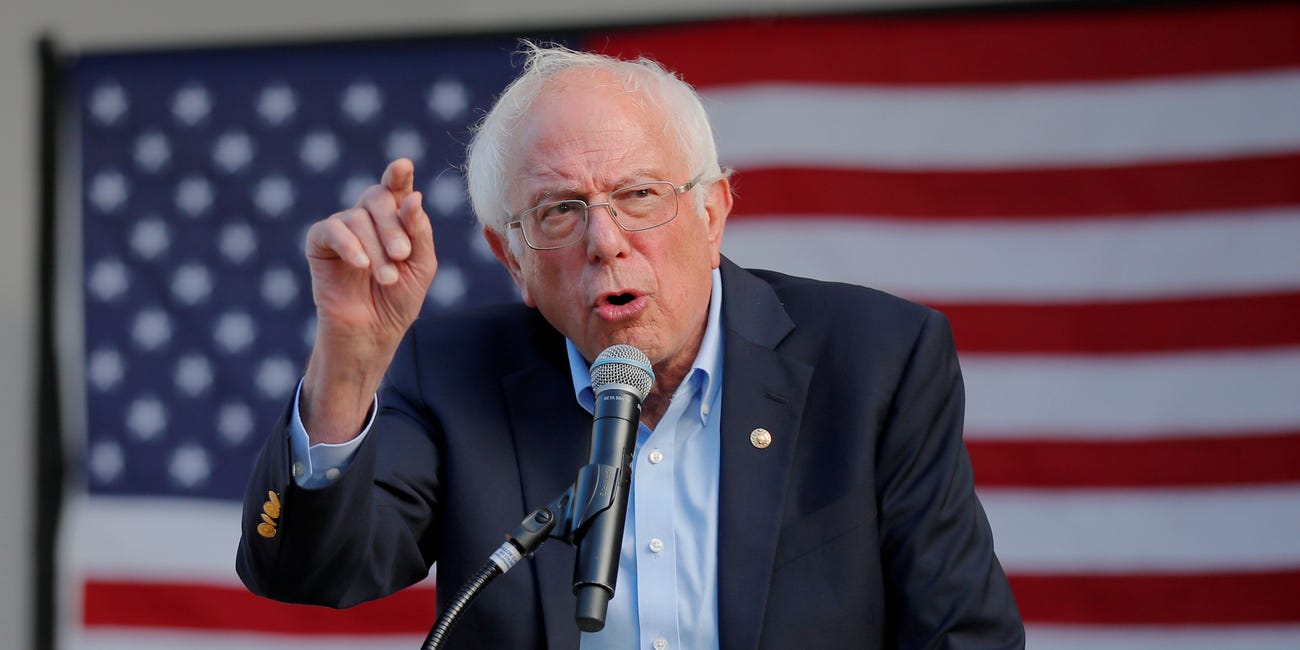The border guard gruffly asked which presidential candidate I supported after I mentioned that I was crossing the US-Canada border to work in the primaries of the US presidential election.
When I told him, his eyebrows shot up. Bernie Sanders? The socialist?
I have discussed the primaries with many fellow McGill students since being in New Hampshire to volunteer for the Feb. 11 election, and my political leanings have been met with persistent skepticism. For me, my choice of candidate for the 2020 election is personal. Reading about the failures of both neoliberalism and Third Way solutions had already cemented my conviction that something radically different was necessary, but seeing Sanders embody this necessary paradigm shift by articulating the most anti-war position of all the Democratic candidates—despite the risk it posed in the culture of chauvinism that is American politics—clinched it.
A question I have often gotten since canvassing for Bernie is ‘What is in it for a Canadian?’
There could not possibly be more at stake in this election for Canadians, especially for this generation of McGill students. Young Americans already realize this—exit polls for many primary elections thus far often have Sanders leading Biden in support from young voters by double-digit margins. Western governments—many ostensibly left-wing—summarily failed to prioritize a return to full employment after the 2008 Great Recession, instead engaging in austerity measures and deficit demagoguery. This, evidently, has given rise to a generation of millennials and zoomers disillusioned with the Overton window on economic policy.
A shift in the global terms of debate under a Sanders presidency, reversing the decades of neoliberal dogma driving wealth inequality trends in Canada and elsewhere, would do much to ensure that evidence-based policy is prioritized here instead of blind faith in the free market.
Sanders points to this inequality as the root cause of a contemporary anti-safety net; his campaign regularly touts the fact that 49 per cent of new wealth goes to the top one per cent. Many would argue that such calamitous misdistributions of wealth can only be resolved through global measures, and a Sanders administration that already supports wealth taxes would be the most drastic step in that direction since Franklin Roosevelt in 1935.
In this respect, Canadians can no longer pretend that electing progressive governments at home will be enough. Wealth inequality occurs across national borders and is the result of international, not national, global economic systems too easily manipulated by elites for personal gain. This should not only be a prevalent concern for people who might seek to live, work, or attend graduate school in the United States but also a priority for McGill students who, as members of an influential intellectual community, care about reducing global poverty and injustice.
While addressing wealth inequality might be Sanders’ forte, his relevance to our generation of Canadians only grows outside of economics. In the face of rising global right-wing populism, the victory of a movement known for championing social justice would be especially heartening in a province still ruled by a government that openly discriminates against religious minorities. An endorsement of Sanders from the Sunrise Movement, a leading environmentalist grassroots organization, is clear proof that, equipped with the Green New Deal, he is the candidate to take on one of the most pressing existential threats of our time: climate change. And perhaps most tellingly, the systematic failure of the healthcare infrastructure in the United States to respond to the recent COVID-19 pandemic has made it clear that Sanders’ policies are not only preferable but vital.
As the next generation of McGill-trained workers, professionals, and leaders in this world, we can’t afford to be insular. While the electoral prospects of the Sanders campaign have dwindled since I came back from New Hampshire in February, the growth of the Democratic Party’s progressive wing is encouraging. With time running out, whoever the Americans elect in the coming election cycles affects not only our generation but also the ones to come. We should start acting like it.








Well not anymore hahah